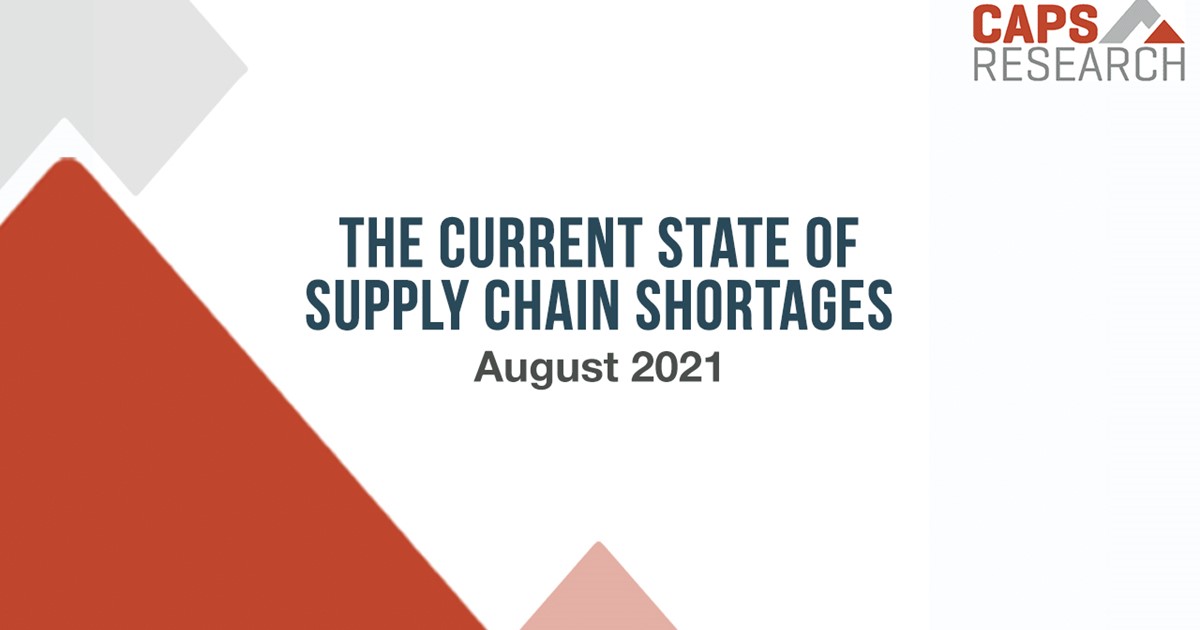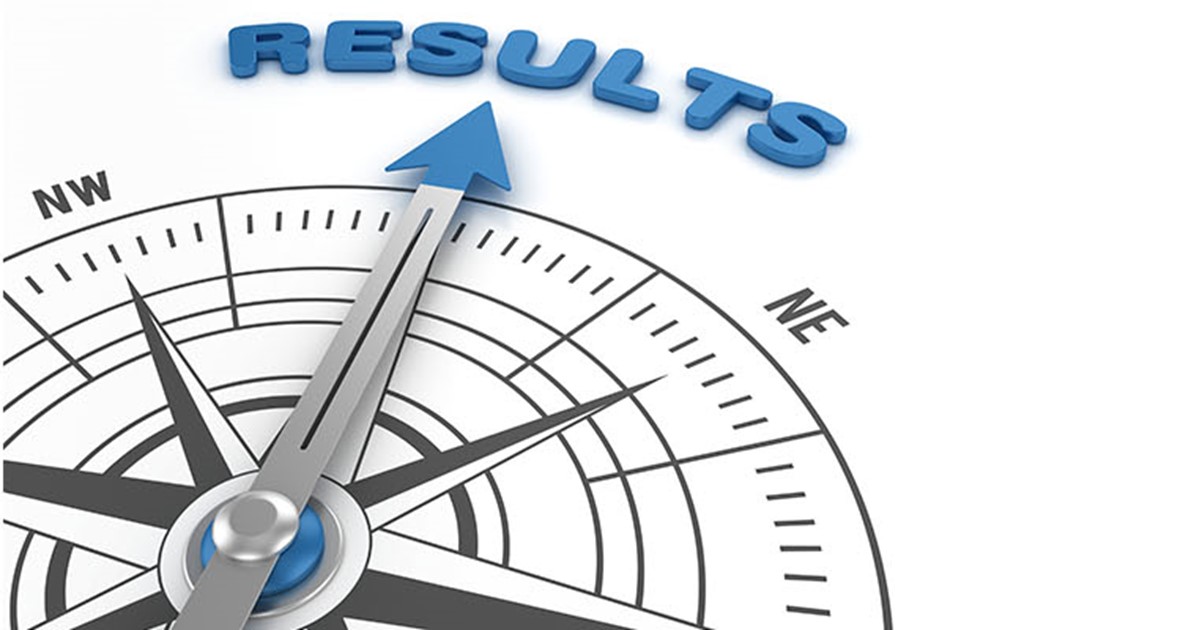Is your organization lacking advanced analytics or emerging technology skills? As these skills become increasingly more important, it might be time to review your talent needs and identify skill gaps to address over the next year.
Renewable Energy Procurement
Corporations worldwide have been purchasing renewable energy at a record pace in recent years, pushing wind, hydroelectric, and solar energy past nuclear and coal for the first time last year. Here, we consider SCM's role in renewable energy procurement.
Supplier Risk Metrics
Assessing and measuring relevant risks is of vital importance to effectively manage and protect an organization. We discuss how to choose your risk metrics, refine your selection over time, and the importance of a supportive culture.
Supply Chain Shortages
In this short video, we explore underlying issues, inflationary pressure, government policy, and the outlook for supply managers and sectors of the economy - findings from a recent CAPS Research whitepaper
Sustainability initiatives, financial institutions, and the impact on the supply chain
The role financial institutions play in environmental sustainability is coming under greater scrutiny. Governments, NGOs, and even consumers turn to them to influence the sustainability practices of companies they invest in and lend to. And as the role financial institutions play gets fine-tuned, its impact undoubtedly will cascade down to businesses and their supply chains.
COVID-19 fallout tests auto industry’s endurance
Auto manufacturers are driving through a gauntlet of challenges while navigating the fallout from an 18-month-long global pandemic and responding to demand for clean energy. Here, we take an in-depth look at challenges and major shifts in the automotive industry over the past 14 months and into the future.
Measure the effectiveness of your category management strategy
With your category management strategy in place, it's time to monitor and measure the benefits it delivers to your organization and identify opportunities for improvement. To succeed long term, the category strategy must remain aligned with business objectives and the dynamics of the supplier marketplace. This requires regular re-evaluation.
Be strategic with supplier relationship management
It's critical that category management delivers maximum value to the organization through innovation, sharing risk and rewards, and ongoing assessments. For many companies, the hard work of supplier management begins after the contract is signed. We're moving on to the sixth step in category management strategy: supplier relationship management (SRM).
Negotiation & contracting to support business outcomes (stage 5)
Contracting and negotiating is the next step in the 7 stages to business-aligned strategies that organizations should follow as part of their category management playbook. It’s an important step in category strategy execution as you align supplier relationships with your strategy.
Move up the metrics and value reporting maturity curve
While inwardly focused metrics may be “safe” and what is expected of supply management, if the function is going to progress from tactical to strategic, the goal for most supply leaders ultimately should be alignment with stakeholders. Supply management must push beyond its own internal perspective to understand the business and, whenever possible, adopt the metrics that drive the enterprise.
Non-members can receive the report of each survey they submit.
Members can access all reports, but are encouraged to submit surveys to
increase the comparative breakouts only they receive.









